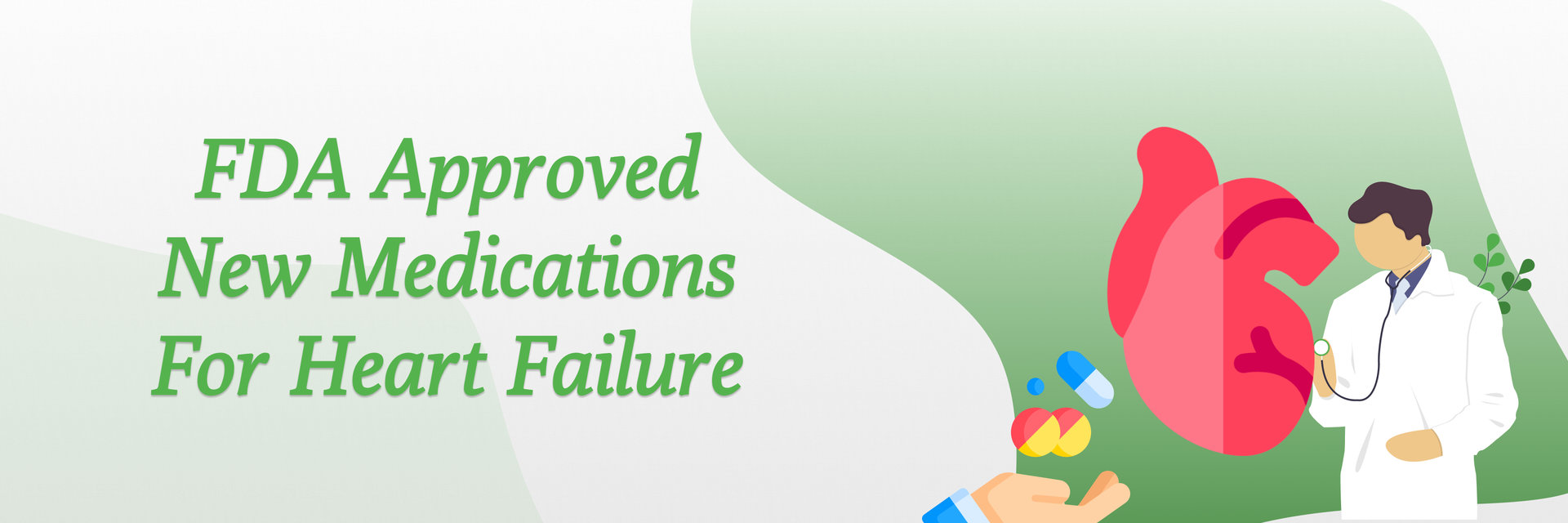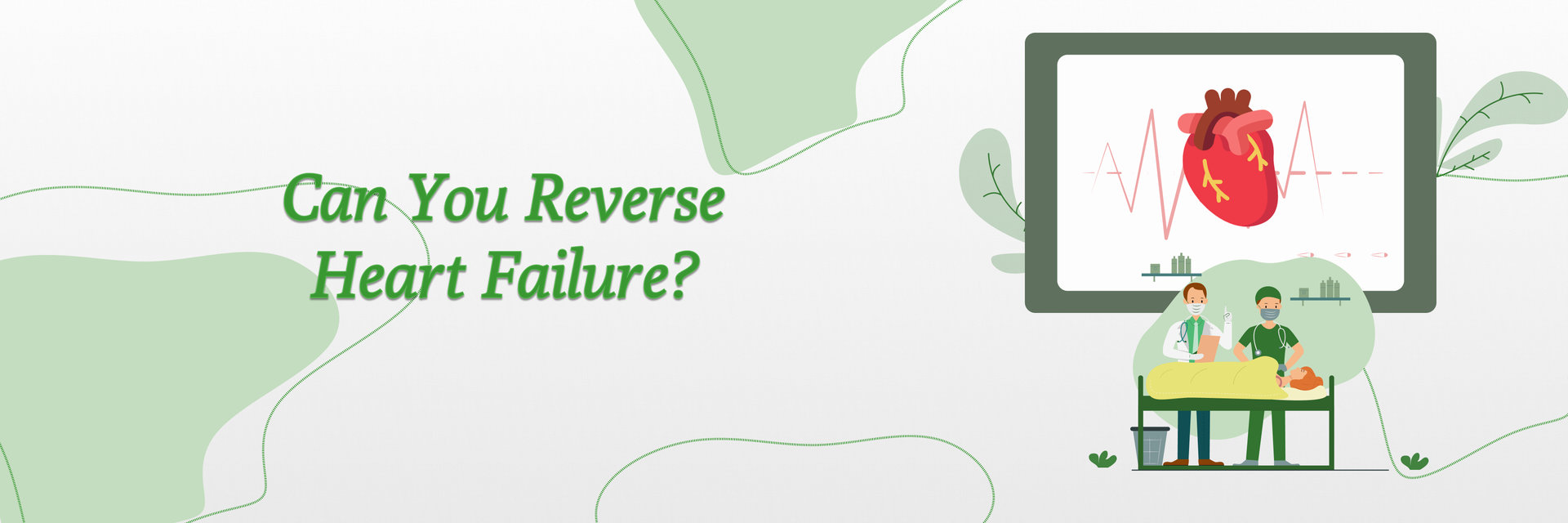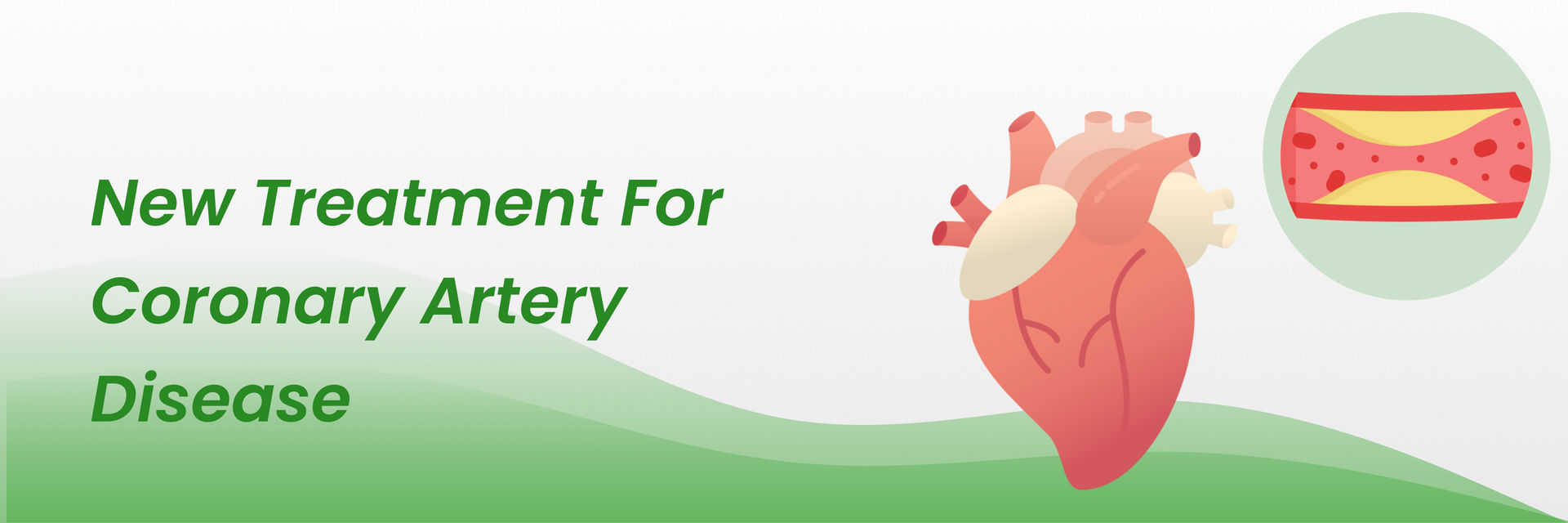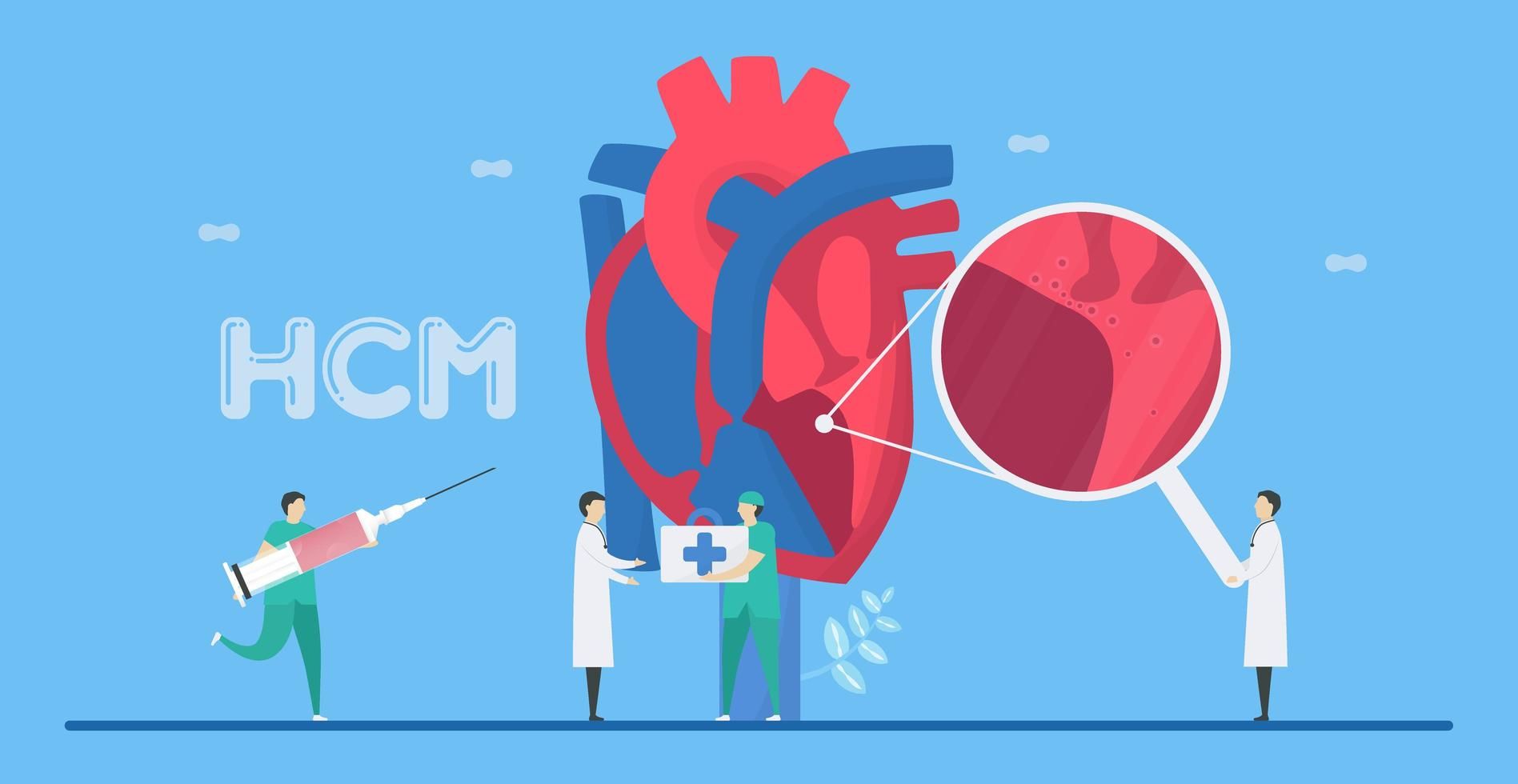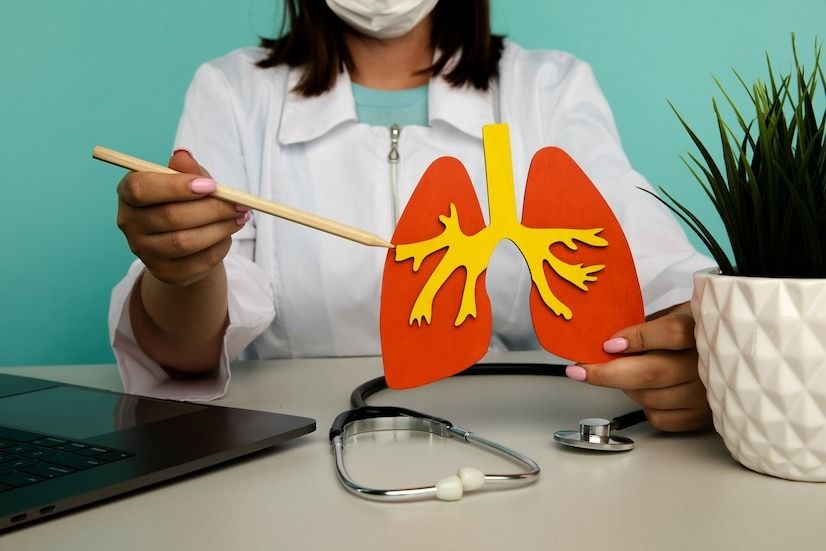Overview
Depression after heart surgery is a common yet often overlooked complication that can significantly impact a patient's recovery and overall well-being. The emotional and psychological stress of undergoing major surgery, coupled with the physical strain of recovery, can contribute to the development of depressive symptoms. This condition can affect a patient's motivation, adherence to rehabilitation programs, and ability to engage in healthy lifestyle changes, which are crucial for optimal recovery. Managing depression after heart surgery requires a comprehensive approach that includes psychological support, counselling, and sometimes medication. The prevalence of depression after heart surgery can vary depending on the type of surgery.

Percentage of patients affected by different types of heart surgeries
According to studies, postoperative depression is associated with non-satisfactory postoperative outcomes, such as more extended hospital stays, more frequent readmissions, and inferior quality of life.
| Procedure | Prevalence of Depression |
| Open Heart Surgery | Up to 20% |
| Maze Surgery | Decrease in depression symptoms at 6-month follow-up (66% decrease in prevalence at 1-year follow-up) |
| Heart Transplant | 12-23% (higher among younger recipients, those without a supportive partner, those with lower socio-economic status, and those with a history of depression before the transplant) |
| Coronary Artery Bypass Graft (CABG) | Approximately 25% |
| Pacemaker or Implantable Cardioverter Defibrillator (ICD) | Depression rates vary from 1-16% |
| Valve Surgery | Up to 50% of patients experience depression |
Some facts that you would be interested to know:
The prevalence of depression after heart surgery varies widely across countries and regions. A recent review of studies conducted in Europe found that the overall prevalence of depression after heart surgery ranged from 12 to 31%. Studies conducted in the United States have reported similarly high rates of depression after heart surgery, ranging from 14 to 46%. Studies conducted in Asia have found that the prevalence of depression after heart surgery ranges from 25 to 57%.
Depression after a heart surgery like coronary artery bypass graft can have adverse health effects on individuals.
Did you know?
Some people may experience chest pain after bypass surgery. If you would like to know more, then check our blog on chest pain after a year of bypass surgery.
Health issues lead to cognitive deterioration, depression being the most common symptom.
However, it is not uncommon for people to feel anxious, like having mood swings that may include depression, fear, anxiety, loneliness, helplessness, and anger after a hospital stay and recovery from a medical procedure. Various factors, including the physical and emotional stress of the surgery, changes in medication and lifestyle, and concerns about the future, may cause these emotions.
How long does it take mentally to recover after heart surgery?

The length of time it takes to recover mentally after heart surgery can vary from person to person. In some cases, depression may resolve independently within a few weeks or months after the surgery.
In other cases, depression may persist for a longer period or recur.
Factors that can influence the recovery process include:
- Your surgery.
- Preexisting mental health history.
- Physical and emotional well-being before and after the surgery.
- Overall health and lifestyle.
In general, the recovery process after heart surgery can be physically and emotionally challenging, and it is not uncommon for people to experience a range of emotions during this time. It may take some time to adjust to the lifestyle changes necessary after heart surgery, such as changes in diet and exercise routines.
Dr. Vikas Patel, a renowned psychiatrist states, "Depression after heart surgery is a significant yet often overlooked complication that can impact a patient's recovery and quality of life. Depression is relatively common in heart surgery patients, with many experiencing some level of depressive symptoms post-surgery. This emotional response can be due to the physical and psychological stress of the procedure. Recognizing and addressing these symptoms early through counseling and supportive care is crucial for a holistic recovery."
What triggers depression after heart surgery?
There are several potential triggers for depression after heart surgery. It can vary and may be influenced by various factors, including the patient's preexisting mental health history, the type of surgery they had, and their overall physical and emotional well-being before and after the surgery. It is common for people to experience dynamic emotional changes after undergoing major heart surgery. However, not all heart surgery patients experience depression. However, it is a potential risk that some patients may experience after undergoing heart surgery.
Some studies have suggested that the incidence of depression after heart surgery may be higher in certain groups of patients, such as
- Physical and emotional stress of the surgery: Heart surgery is a major medical procedure that can be physically and emotionally stressful. The recovery process can also be challenging and involve lifestyle changes and physical limitations.
- Changes in medication: Heart surgery often involves changes in medication, which can affect mood and emotions.
- Concerns about the future: After a major medical procedure, it is not uncommon for people to have concerns about their future health and well-being.
- Preexisting mental health conditions: If you have a history of depression or anxiety, you may be more at risk of experiencing depression after heart surgery.
- Other personal or environmental factors: Other personal or environmental factors, such as a lack of social support, financial stress, or a difficult home environment, may also contribute to the development of depression after heart surgery.
It is crucial to speak with a psychiatrist if you feel depressed after heart surgery. In addition to offering treatment options like medication, therapy, or lifestyle modifications, they can assist you in determining the causes of your depression.
Can depression occur a couple of years after heart surgery?
People will not usually experience emotional changes immediately after undergoing major heart surgery. It is possible to develop post-heart surgery depression a few years later. The incidence of depression after heart surgery can vary for different people.
It is crucial to speak with your doctor or a mental health expert if you feel depressed after a few years of heart surgery. They can assist you in determining any potential factors and appropriate treatment alternatives. Taking care of oneself during the healing process is also crucial. Getting adequate sleep, eating a balanced diet, and doing things you like equally matter during this phase. Connecting with family and friends could be beneficial, as well as providing support.
"Treatment for depression after heart surgery may include various approaches. Changes in lifestyle to overcome depression after heart surgery can make a significant difference."
Discover practical tips and treatment options to enhance your mental health and recovery journey.
Treatment for depression after heart surgery
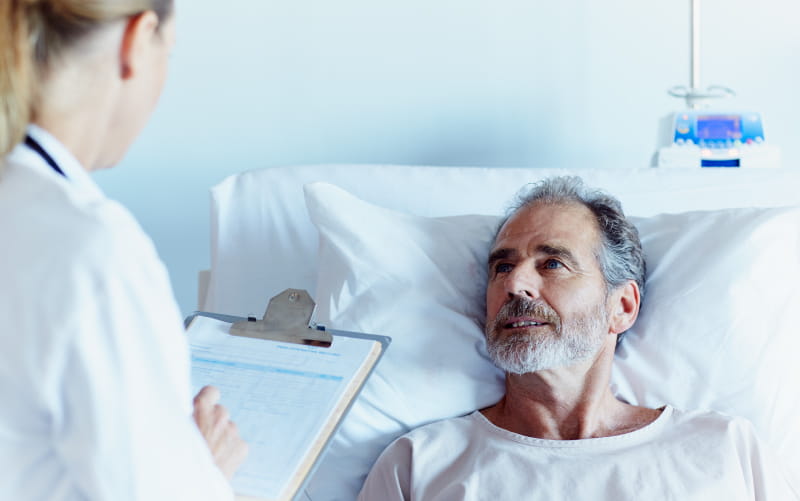
- Medications: Antidepressants, such as selective serotonin reuptake inhibitors (SSRIs) and tricyclic antidepressants (TCAs), can help reduce symptoms of depression.
- Counselling: Talking to a therapist can help you work through the emotional issues associated with heart surgery and build coping skills.
- Cardiac Rehabilitation: Participating in a structured rehab program with mental health support.
- Mindfulness and Relaxation Techniques: Practices like meditation, yoga, and deep-breathing exercises to reduce stress and anxiety.
Dr. Kristin an LCSW/licensed psychotherapist, recommended treatment options for depression after heart surgery.
"A few recommendations regarding treatment options is to request support from a mental health professional if you notice depressive symptoms. I have had clients who worry about being a burden to family members and do not feel comfortable letting them know how much they are struggling. Having a safe space to express your thoughts and emotions can help people process their experiences and work through their depression. It also is important to maintain social connections to prevent feelings of isolation."
Changes in lifestyle to overcome depression after heart surgery

Exercise: Regular physical activity can help improve mood and reduce feelings of stress and anxiety. It is important to consult with your healthcare provider before starting any new exercise routine, particularly if you have had a major surgery like heart surgery.
Adequate Sleep: Getting enough rest and sleep is important for physical and emotional well-being. Try to establish a regular sleep routine and create a conducive sleep environment.
Healthy Diet: Eating a healthy diet rich in fruits, vegetables, and whole grains can help improve mood and overall well-being. Avoiding caffeine, alcohol, and sugary foods may also be beneficial.
Social support: Connecting with friends and family can help improve mood and provide a sense of belonging and support. Consider joining a support group or seeking out therapy or counselling.
Relaxation techniques: Practicing relaxation techniques, such as deep breathing, meditation, or yoga, can help reduce stress and improve mood.
Get expert tips and advice on managing depression after heart surgery through a call and book a free consultation now!


